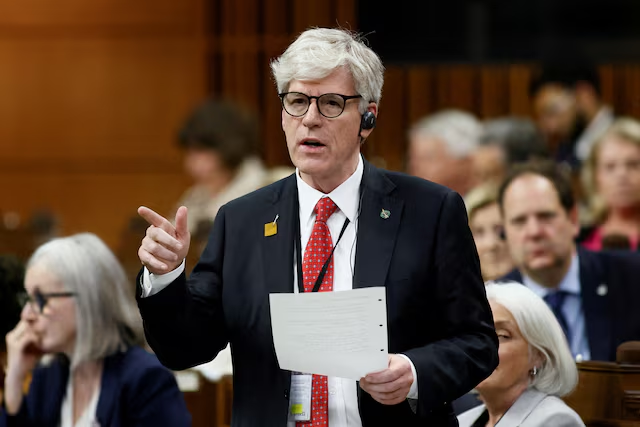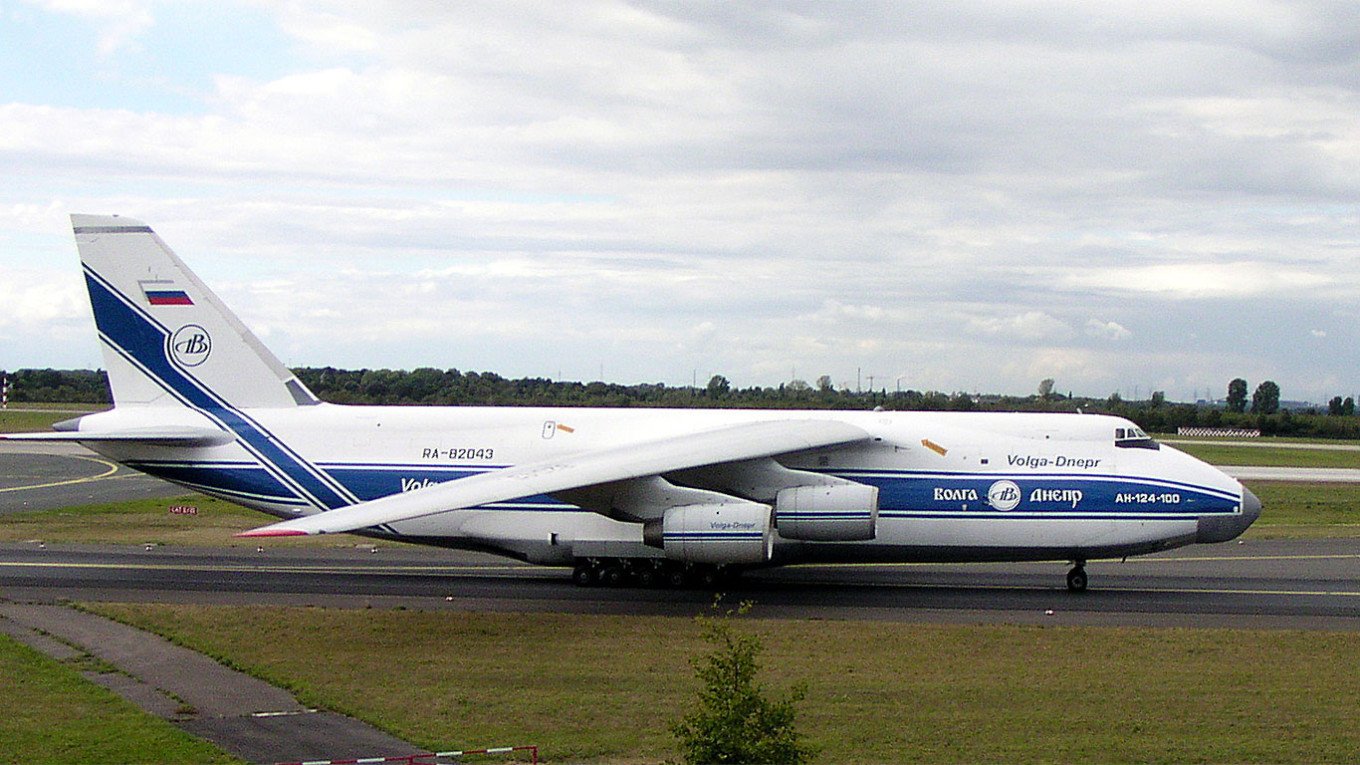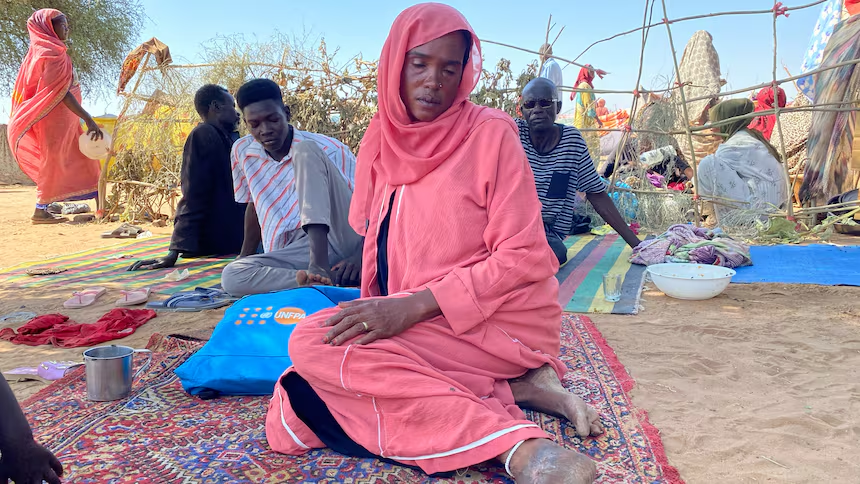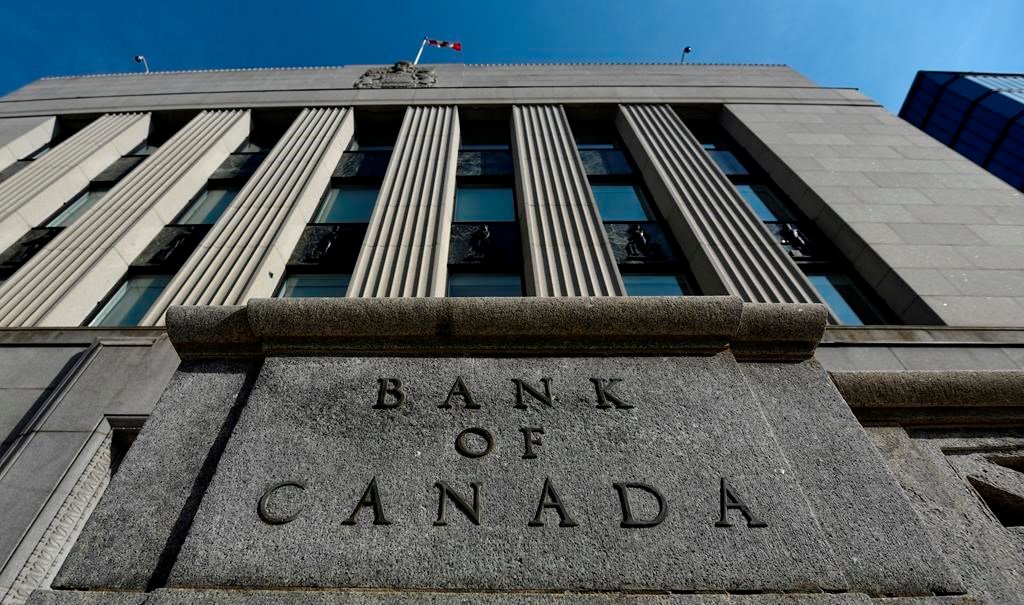Canada is stepping into a leadership role on critical minerals ahead of the G7 energy and environment ministers’ meeting in Toronto on October 30-31, 2025.
The Importance of the Agenda
First, critical minerals such as nickel, copper and cobalt underpin batteries, wind turbines and electric vehicles. Canada already produces many of them. Meanwhile, most G7 peers rely heavily on China for these materials.
Consequently, Canada’s initiative sets a clear strategic shift away from single-source dependency. Hodgson emphasised the need for concrete commitments rather than mere rhetoric.
Second, the timing is crucial. With the G7 meeting just days away, Canada will use the event to push for multilateral offtake agreements, stockpiling efforts and shared infrastructure investments.
These moves could reshape trade, investment and industrial policies among allies.
What Canada Plans to Do
Canada’s government outlined several actions:
- It will promote financing tools to support mining and processing facilities.
- It will push for offtake agreements, where buyers commit in advance to purchase output at set prices.
- It aims to collaborate with other G7 nations to strengthen supply-chain resilience.
More specifically, Canada will focus on minerals that support clean energy transitions and defence applications. The initiative links economic policy with national security considerations.
Stakeholder Impacts and Reactions
For Canadian miners and investors, the agenda offers promise: increased capital flows, government-backed frameworks and global partnerships. However, companies will face higher standards, transparency demands and potentially stricter oversight.
For the federal government, this strategy opens a path to position Canada as a trusted supplier in global markets.
Yet, it must balance environmental, Indigenous-rights and community-impact issues in mining regions. Several experts believe delays or missteps could jeopardise trust and competitiveness.
Broader Political Significance
This agenda signals a broader theme in Canada’s politics: sovereignty through supply-chain independence.
As global volatility rises, Ottawa is aligning economic and security interests more closely. The move also sharpens Canada’s bargaining position in trade talks and diplomatic engagements.
Furthermore, the initiative may influence domestic policy: greener jobs, mining in remote communities and infrastructure build-out will gain prominence.
Elections ahead could see more focus on these sectors, especially in mining-rich provinces like Ontario and Manitoba.
In the coming days, Canada will host the G7 ministers in Toronto and unveil one or more partnership declarations.
Watch for announcements on funding, mineral stockpiles and cross-border processing projects. Post-meeting, the government will translate commitments into domestic regulatory and investment frameworks.
Meanwhile, provincial-territorial governments will engage with Ottawa to align mining regulations, Indigenous consultation and environmental safeguards. Private-sector players will prepare bids and project proposals to capture new opportunities.











